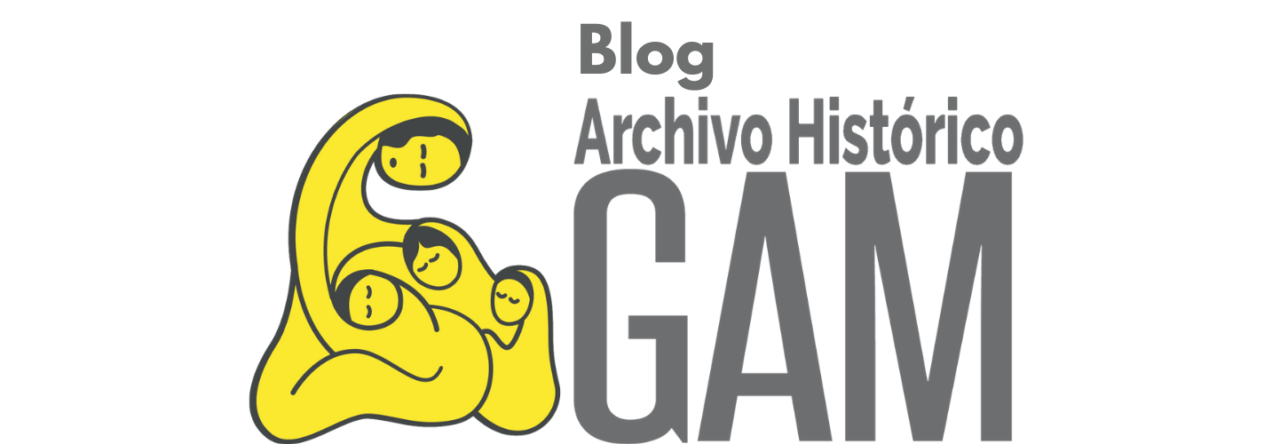May 24, 2021 • Natalia Mora and Chloe Jurianz Natalia: This semester was bittersweet. Although Chloe and I managed to finish the database codification process it also meant the last semester of work on the project. The database brought a lot of obstacles and difficult decisions. We often wondered if we were making the right… Continue reading Wrapping Up
Posts
The Blog
When the semester started I knew that it would be my last year working on the GAM project through Haverford. All of the compañerxs were asked what we wanted to work on and when Chloe introduced us to her summer work on codifying the database I felt that working on that made the most sense. However…
Database Codification and Workflow- Fall 2020
This post is a summary of the work done by three compañerxs on the archive database and the codification of said database in hopes to make the archive more user friendly.
Transcription/Producing Metadata
Metadata is a crucial element of an archival digitization project. It forms the bridges that join together the thousands of scanned images that form an archive; metadata is also an opportunity to make visible connections between individual files contained within the archive in a way that is impossible without computation. It hence also allows us to visualize the data within the archive, transforming a collection of individual cases into a unique and pluralistic dataset that can be analyzed by researchers…
Summer 2020 Update
This summer, I continued a process of database codification with the archive that I started last year to produce a demographic analysis of who is in the archive. This process involved opening each case in the archive and recording demographic information about who was disappeared, such as their gender, occupation, religion, and political affiliation…
Database Codification- Fall 2019
Working on the database codification has been quite frustrating: from the monotony of ctrl+f down to combing through the archive itself to find information that isn’t obvious from the case descriptions within the database…
A year of work on the GAM Digital Archive
The Grupo de Apoyo Mutuo (GAM) Digital Archive is a project that aims to digitize, preserve, and provide access to over 3,700 case files of disappearances tied to Guatemala’s armed internal conflict (1960-1996). Our last public update introduced the partnership between Haverford College Libraries and the GAM and described our initial success in piloting scanning and description workflows…
United States Complicity in the Disappearances Within Chimaltenango 1982, as Depicted by the GAM Archive
Throughout history, the United States government has often found itself involved in wars outside of its own borders, especially those during the Cold War in Latin America. Such was the case during Guatemala’s armed conflict…
Repression and Resistance in the Content and Production of the GAM’s Intake Forms
This summer I focused on the violence in Rabinal, a municipality in the department of Baja Verapaz, during the internal armed conflict in Guatemala. Specifically, I focused on what the content and production of the GAM’s intake forms in the disappearances collection can tell us about the complexities of violence in Rabinal…
Summer 2018 Report
Two weeks into our nine week summer partnership with the Grupo de Apoyo Mutuo, we have begun to delve into the Disappeared archive held at the GAM office in Guatemala City. We are in a unique position as the first undergraduate scholars to be conducting research based on this archive. Our partner organization, the GAM, has entrusted us with the mission of telling stories using documents from this collection in hopes of continuing the work of building historical memory in Guatemala…
